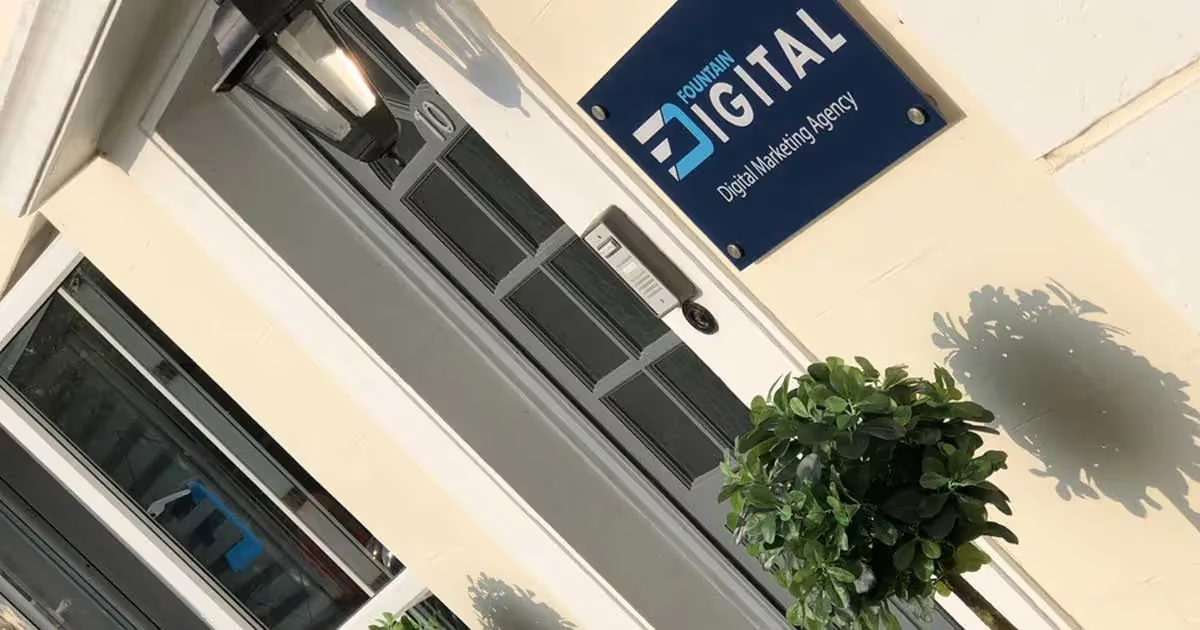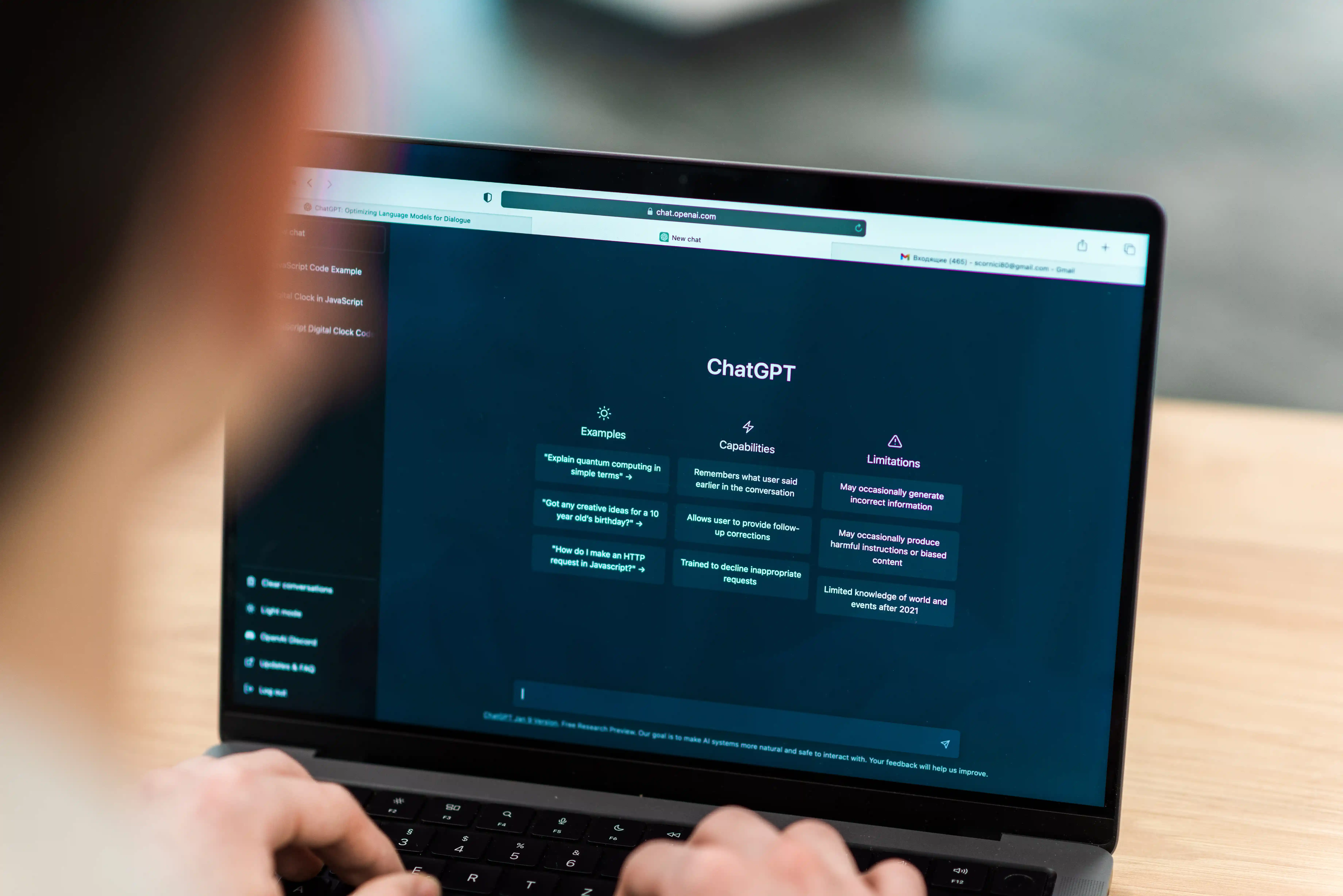So, our website has been copied again, this is the third time a local website company has copied us. It's so frustrating when a website company claims to offer bespoke website design and search engine optimisation (SEO) as a service and then copies another competitor in their hometown. It's not rocket science to see the negative impact that copying a website design and content will have on both companies.
As a company that stands for honesty, I am truly shocked this has happened to us again in our hometown. Nobody deserves this and the impact can be really damaging. We've established relationships with websites and marketing businesses in Eastbourne and Sussex over the years, building up a friendly community. Building a brand takes years and we all look out for each other when we're in the trenches, so when opportunity strikes keep your eyes peeled for your fellow comrades.
If you're worried someone has copied your site and content, then you're in the right place! We'll show you how to identify and deal with any issues that might arise.
Plagiarism Checker
A good place to start would be to use Copyscape, it can identify if other websites are using your content. Simply type in the URL of the page you are worried about and Copyscape will let you know what other pages are using your content.This plugin will detect anyone stealing your content and then help you take action to get it removed from their website.
Copied Images
If you're worried that someone is using your photos or graphics, a good way of checking is by going on to Google Images and click on the camera icon. You can then upload your image to see where else it's being used.
Wayback Machine
Wayback Machine is a handy tool when considering when your target website changed design and copy. It will take random snapshots of websites and keep them in their library, enabling you to refer back to old copies.
Steps you can take if you think your website has been copied
- Make sure you have documented everything
Before you take any action, you must first collect evidence and document the process. Take screenshots from your own site as well as the copied one, step by step. Once you have all the information, consult with a lawyer to make sure your plan of attack is concrete.
The Wayback Machine is a tool that you can use to find the earliest known instance of your content or design and if it existed before your competitor. To be on the safe side, you should document all communication for your records.
- Contact the Owner
Contact the website owner directly. One of the easiest and best things you can do if someone steals your content or design is let them know it's copyrighted and politely tell them to remove it within a certain time period. If they don't cooperate, you will need to report their site.
- Contact the website’s hosting company or developer.
If the owner doesn't respond to your issue, you can contact the website hosting company or developers for assistance. In most cases a link to their contact details will be provided in a little notice at the bottom of each page.
- Reporting to Search Engines
You can contact Google or Bing to have the site removed from their indexes. This will not delete the site from the internet but will prevent it from appearing in search results.
- Take Legal Action
If you've tried everything else, you may wish to seek legal advice. It is best to start this process with a cease and desist letter. If the website does not comply, it would be best to escalate the situation with a professional solicitor. Unfortunately, plagiarising content and website design theft is not uncommon. There's no way to 100% protect your site from any potential plagiarism, but there are some preventative steps you can take.
We would recommend you add a copyright notice to your site to make it clear that you are not formally giving away the rights to your content.

















